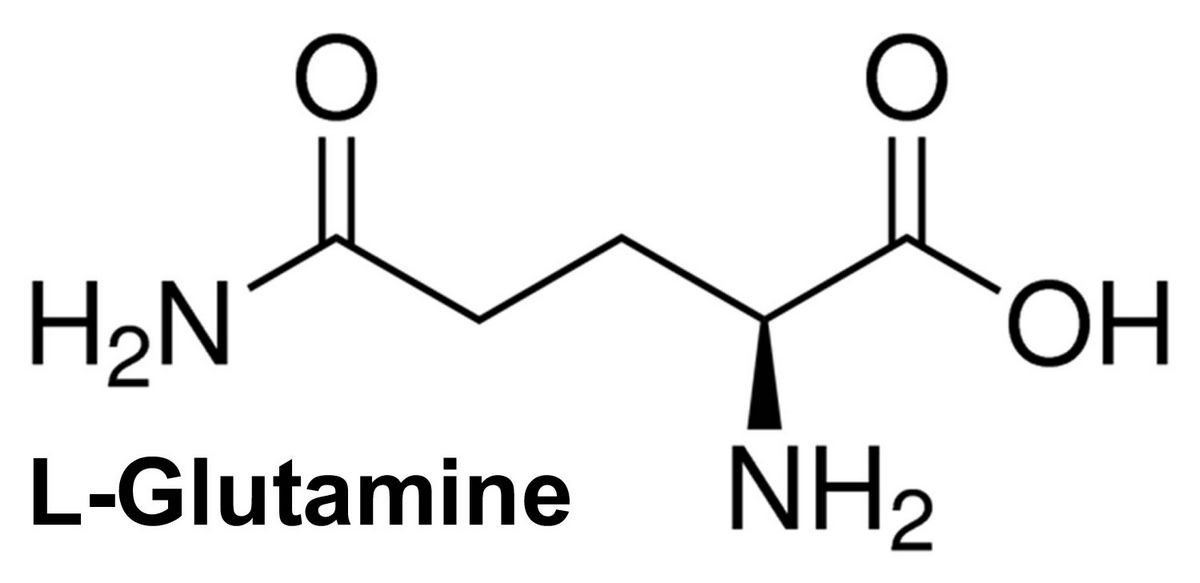
Contents
Glutamine
Glutamine is the most abundant amino acid in the body and is prescribed as nutritional support in the treatment of sickle cell disease and short bowel syndrome. Additional amounts of glutamine may be needed to cope with stress caused by illnesses.
Glutamine is essential for cellular functions including protein and glutathione synthesis, energy production, and immune function. It reduces oxidative stress in sickle cell disease and helps improve bowel health in short bowel syndrome.
The Endari brand of glutamine is approved by the FDA for use in patients with sickle cell disease, aged 5 years and older. The NutreStore brand is approved for adults with short bowel syndrome.
Warnings
Glutamine may cause ammonia levels to rise in patients with impaired liver function. Monitor kidney and liver function in patients receiving intravenous parenteral nutrition and glutamine.
Side Effects
Common side effects of glutamine (Endari) include constipation, nausea, abdominal pain, headache, cough, pain in extremities, chest pain, and back pain. Common side effects of glutamine (NutreStore) include gas, abdominal pain, nausea, vomiting, tenesmus, hemorrhoids, dry mouth, constipation, pancreatitis, and others.
Seek medical help immediately if you experience serious side effects like severe heart symptoms, severe headache, confusion, severe weakness, or serious eye symptoms.
Dosages
5 g/packet (as L-glutamine)
Adult and Pediatric:
Sickle Cell Disease
Endari: Reduce acute complications in adults and children aged 5 years or above
Weight below 30 kg: 5 g orally twice daily
Weight 30-65 kg: 10 g orally twice daily
Weight 65 kg or more: 15 g orally twice daily
Short Bowel Syndrome
NutreStore: 30 g/day orally in divided doses for up to 16 weeks
Administration
Mix with 8 oz of beverage or 4-6 oz of soft food. Dissolution is not required.
Overdose
Treat glutamine overdose with symptomatic and supportive care.
Drug Interactions
No formal drug interactions study has been done with glutamine.
Inform your doctor of all medications you are currently taking.
Pregnancy and Breastfeeding
No data available on glutamine use during pregnancy. Decision to breastfeed should be based on the mother’s clinical need and potential risks to the infant.
Additional Information
Take glutamine as instructed and store it safely out of reach of children. In case of overdose, seek medical help or contact Poison Control.
Glutamine is prescribed for sickle cell disease and short bowel syndrome. Common side effects include constipation, nausea, abdominal pain, headaches, cough, pain in extremities, chest pain, and back pain.


